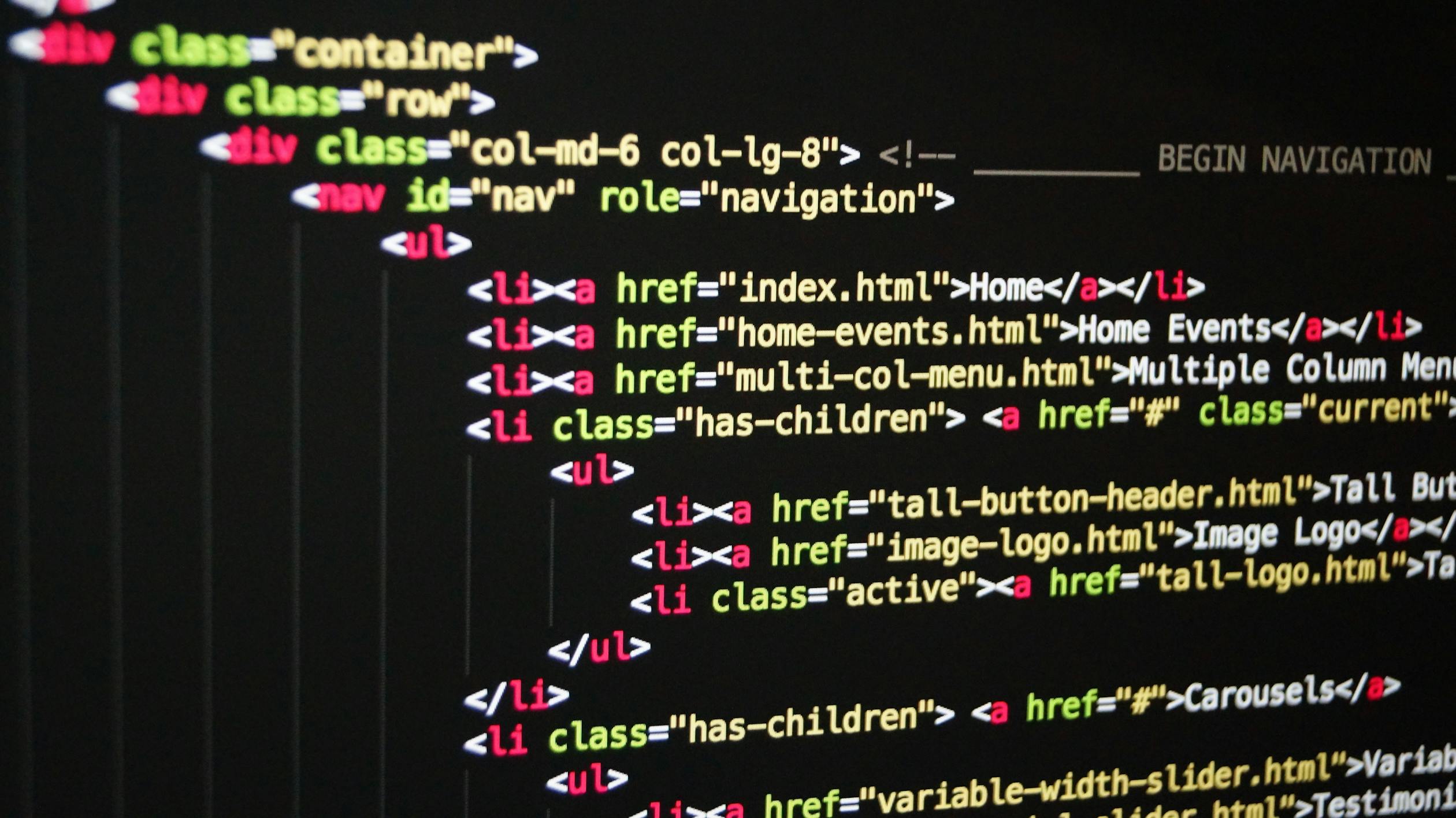Answer
- Keep your Docker images small: Avoid including unnecessary files, libraries and dependencies in the images.
- Use a single process per container: Keep your containers focused on a single process, this reduces the risk of failure and makes troubleshooting easier.
- Use Docker Compose to manage complex environments: If you have multiple containers that need to work together, use Docker Compose to manage them and their dependencies.
- Secure your Docker images and containers: Always use secure images from trusted sources and make sure your containers run with the minimum possible privileges.
- Use volumes for your data: Use Docker volumes to store your data outside of the container. This makes it easier to maintain and backup your data.
- Use tags for versioning: Use tags to keep track of different versions of your Docker images.
- Document your images: Include documentation for your Docker images, especially if you share them with others.

@GiuseppeMuci

